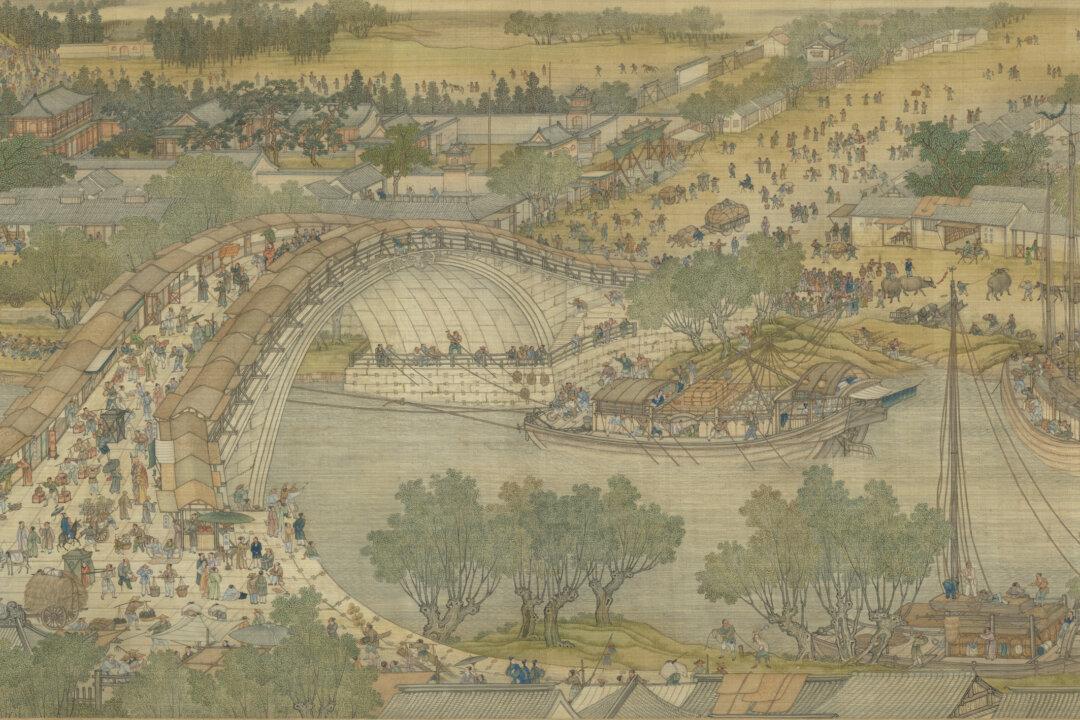During the Eastern Han period (A.D. 25–220), Xun Shu served as a local governor of the state of Wei. He was the 11th generation of Xunzi, or the Xun family, and was one of the most sophisticated thinkers of his time.
Xun Shu (A.D. 83–149) had eight sons who were all very kind, talented, well-educated, and brave. His sons were known as the “Eight Dragons of the Xun Family.” Xun Shuang (A.D. 128–190) was the sixth son, but he was perhaps the best of them.
Like his brothers, Xun Shuang proved to be a talented youth. He was fond of learning, and by the age of 12 could easily master ancient Chinese books like the Analects and the Spring and Autumn Annals.
Xun Shuang became a court official in A.D. 166. It was a turbulent time, so a few years later, he left his hometown and went to the southern part of China. He stayed there for 10 years writing books.
At that time, few people conducted themselves with proper etiquette and ethics. For instance, when their parents or wives died, they did not mourn them as custom dictated, or they informally gave titles to their dead parents or relatives when they should only have been officially bestowed.
In order to correct these improper notions and behaviors, Xun Shuang wrote extensively about traditional values and etiquette. He used many allusions and quotations from the ancient classics and records.
His writings achieved some good results. The essays affected people’s thoughts and changed some bad habits of the time, although not completely.
People remember Xun Shuang as an important politician and historian of the Eastern Han period in China.
The idiom引經據典 (yǐn jīng jù diǎn) later evolved from the story of Xun Shuang, which was recorded in the Book of the Later Han (1). The idiom literally translates as “quote the classics, rely on allusions” and means to copiously quote authoritative works.
Today, people use the idiom to describe a speech or writing that includes many allusions and quotations from authoritative works.
Note:
The “Book of the Later Han” (後漢書, Hòu Hàn Shū) is a work of classical Chinese history compiled mainly by Fan Ye (A.D. 398–445). It covers the period from about A.D. 6–189 of the Han Dynasty.




